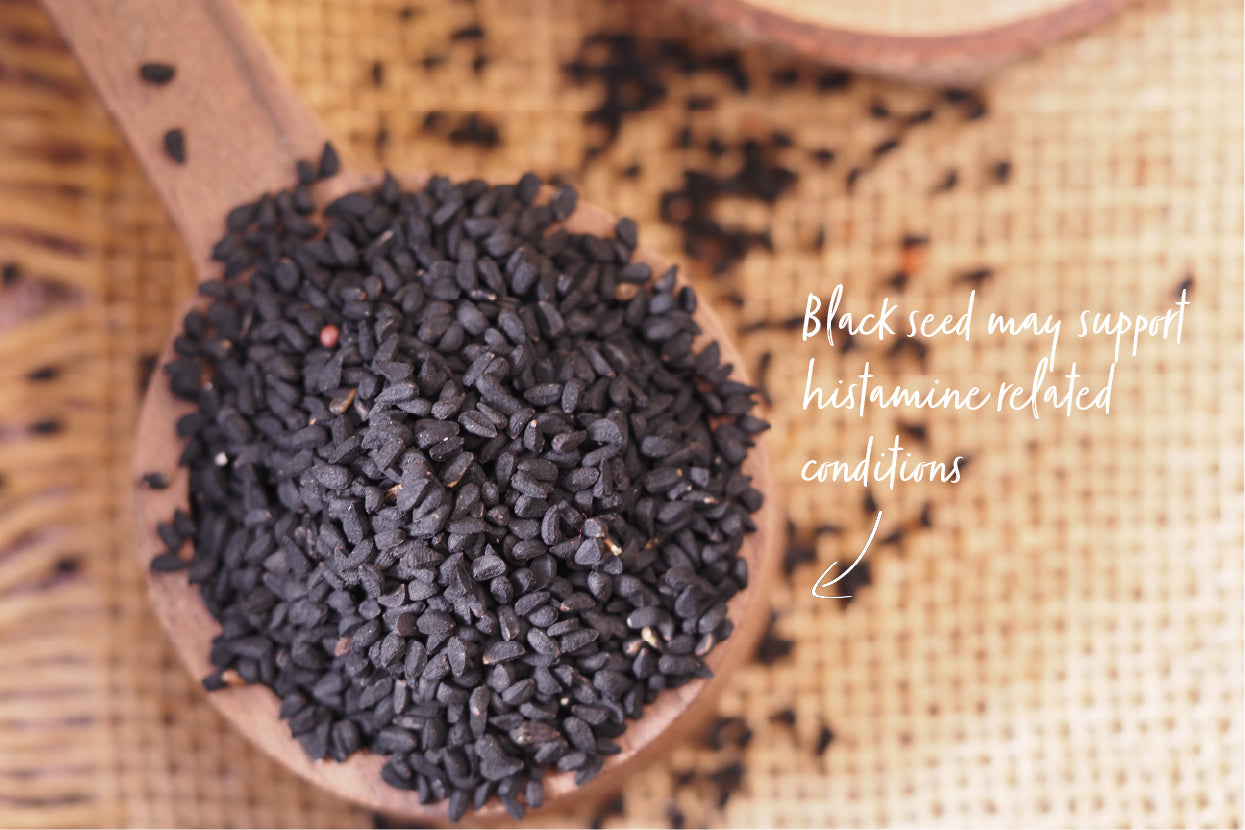How can I replenish nutrients depleted by diabetes medication? Despite the obvious benefits of prescribed medication, it is important to be aware of the potential side effects and implications on our health. These include nutrient deficiencies in vitamin B12, folic acid and coQ10 that may occur in the body. In this article we look at how to support diabetes with effective supplements and ways to manage shortfalls in key vitamins and minerals.
Diabetes is characterised by sustained high blood sugar levels, which are caused by two main types. Type I diabetes is where the pancreas does not produce sufficient insulin, which is a natural hormone that manages blood glucose levels. This is a chronic autoimmune disease where the immune system attacks pancreatic cells, meaning this type of diabetes is not diet related. Type II is where the body does not use insulin properly and therefore can’t use sugar as it should and the cells do not respond to insulin properly. Often this is caused by a diet which is high in sugar, refined fats and calories. Obesity is another risk factor for diabetes. The number of people affected is growing, with an estimated 3.8 million people aged 16+ in England having type II diabetes. By 2035, the prevalence of diabetes is expected to increase to 4.9 million people in the UK.
Medication can help to manage blood glucose levels, known as hypoglycaemic medication. Despite the obvious benefits of medication, it is also important to be aware of the potential side effects and implications on our health. Whilst medications come with a Patient Information Leaflet (PIL) which outlines potential side effects, they rarely detail nutrient deficiencies which may occur. Below outlines the potential nutrient depletion that hypoglycaemic medication can cause.
Hypoglycaemic medication and nutrient depletion
Hypoglycaemic medications for example Metformin are used for managing or regulating blood sugar levels. These types of medication work in different ways to help manage and control blood sugar levels.
Vitamin B12 and Folic Acid: Research has shown that this type of medication can cause decreased absorption of vitamin B12 and folic acid in the intestine, which can over time increase your risk of fatigue and neuropathy.
Vitamin B12 and folic acid are also essential for managing homocysteine levels, which is a naturally occurring amino acid associated with the risk of heart disease, stroke and dementia.
As this medication has been shown to reduce absorption of B12 and folic acid, it may be worthwhile supplementing with a B complex. B vitamins are best taken together as they work synergistically. You can also find B12 through dietary sources such as fish, red meat and dairy products. Folic acid is sourced from leafy green vegetables, seeds and legumes.
CoQ10: Hypoglycaemics have also been shown to reduce the recycling of CoQ10 in the body, which is an essential nutrient for energy production. Meaning a depletion of this nutrient may contribute to low energy levels, but it’s also a vital fat-soluble antioxidant in the brain and body.
a depletion of this nutrient may contribute to low energy levels
With this in mind, supplementation can be beneficial alongside this medication. For example, taking a CoQ10 supplement alongside this form of mediation may be beneficial. However, supplementing should be discussed with a GP or dispensing pharmacist. CoQ10 can also be found primarily in meat, but also some oil fish and seeds too.
If you are taking any other type of medication, please click here for further information on medication interactions and potential nutrient depletion.
What other lifestyle changes will help?
Alongside medication and supplementation, our lifestyle choices can play a huge role in managing conditions like diabetes.
Eating a nutrient rich and balanced diet: Consuming a higher amount of simple carbohydrates such as cakes, biscuits, bread, white pasta and even breakfast cereals often contain added sugar is likely to affect our blood sugar levels. Avoiding processed foods with refined sugars is the best way to manage this, as well as sugary and alcoholic drinks. Instead, a diet which consists of wholefoods such as vegetables, fish, meat, eggs, nuts, seeds and wholegrains is most optimal for our blood sugar levels.
Keep moving: Exercise also plays a huge role in blood sugar regulation. It has been shown to improve the ability of cells in the body to take up and utilise glucose as fuel, which reduces the level of glucose in the blood. Exercise is also known to improve cardiovascular health and reduce our risk of cardiovascular disease. Exercise can help our weight management as it is crucial for preventing diabetes too. Being overweight or obese is commonly linked to cardiovascular issues such as the risk of diabetes.
Consider supplementation: Supplements can help fill nutrient shortfalls and ensure a regular intake of vitamins and minerals. Make sure you choose a clean supplement formulation with active ingredients and no binders and fillers, to ensure it’s fully beneficial to your body. For more advice about suitable supplements for you, visit your local independent health store: www.findahealthstore.com
Taking Other Medication?
If you are taking other medication, you may find these resources helpful. Learn more
Author: James Pugh, BSc, is a Nutrition Advisor at Viridian Nutrition. He holds a BSc honours degree in Sport & Exercise Nutrition.
References:
Prescott JD, Drake VJ, Stevens JF. Medications and Micronutrients: Identifying Clinically Relevant Interactions and Addressing Nutritional Needs. J Pharm Technol. 2018 Oct;34(5):216-230.
Aghamohammadi V, Gargari BP, Aliasgharzadeh A. Effect of folic acid supplementation on homocysteine, serum total antioxidant capacity, and malondialdehyde in patients with type 2 diabetes mellitus.
Mohn ES, Kern HJ, Saltzman E, Mitmesser SH, McKay DL. Evidence of Drug-Nutrient Interactions with Chronic Use of Commonly Prescribed Medications: An Update. Pharmaceutics. 2018 Mar 20;10(1):36.
The information contained in this article is not intended to treat, diagnose or replace the advice of a health practitioner. Please consult a qualified health practitioner if you have a pre-existing health condition or are currently taking medication. Food supplements should not be used as a substitute for a varied and balanced diet.







